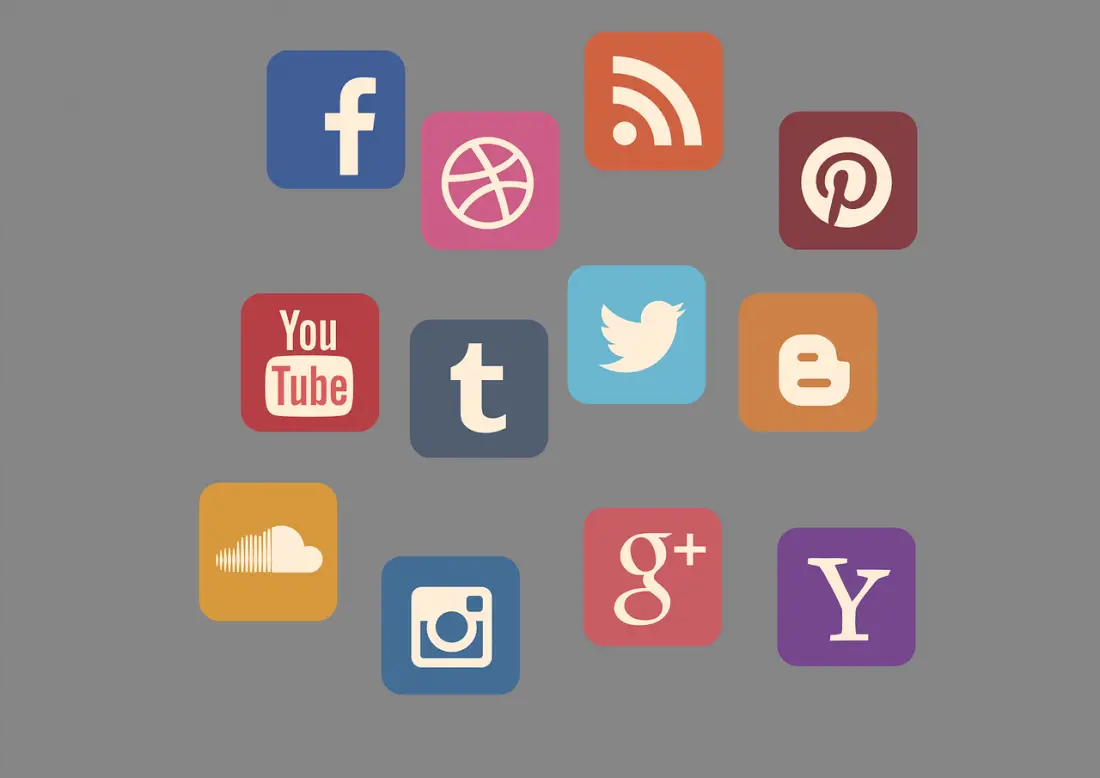“This is a free website.” As a common Tumblr refrain, the expression serves as a response to a particularly hilarious or deranged online exchange. The phrase itself communicates one’s bewilderment at the idea of receiving such entertainment without digging into your wallet. After all, Netflix and Spotify charge for monthly subscriptions — but on Tumblr, you can laugh endlessly without paying for any of it.
The adage used to be a general rule of the site until July 21. That’s when Tumblr announced it would release a subscription feature called Post+. According to the announcement post made by the Tumblr staff, this new feature would eventually let Tumblr users post paywalled content to paid supporters. Though the platform rolled out the product to only a select group of popular creators, all users will soon be able to charge $3.99, $5.99 or $9.99 for a monthly subscription to their blogs.
What Do Tumblr Users Think?
The announcement was not well-received by Tumblr’s userbase. Responses ranged from despair, to anger, to derisive amusement. Some of these reactions come from what users see as the threat implicit in the new Post+ feature. Fandom creators, who make up most of Tumblr’s userbase, are concerned about putting their fanworks behind a paywall. Monetizing copyrighted content can lead to legal trouble, as it would forfeit creators’ fair use protection. Though the Tumblr team has released a follow-up to their Post+ statement, clarifying that “monetizing fan work does not necessarily mean that it isn’t fair use,” users have criticized these statements as vague and unassuming.
Non-fandom creators also positioned themselves against Post+. One of their main concerns is the safety of the new feature. After an incident involving the mass hacking of users’ accounts by a Ray-Ban bot in early 2020, users have remained skeptical of Tumblr’s digital security and are unwilling to provide the site with their credit card information. Others also expressed anxiety over the implications of Post+ for the culture of the site.
Unlike Instagram and Twitter, Tumblr does not include public follower counts. This design choice made it historically difficult for users to monetize their online profiles since there’s no quantifiable way to prove one’s influence on the site aside from the number of likes received on each particular post. Post+, however, could create the necessary financial incentives for online influencers to embrace the site, altering some of the core dynamics of the platform.
These frustrations manifested through a number of user initiatives during the last week. A blog titled Post Plus Protest is currently calling for a Tumblr blackout on Aug. 6. Another blog, known as Your Fave Hates Post Plus, gave a humorous spin to the negative backlash. And, in a grim yet unsurprising turn of events, a number of angry users directed harassment toward some of the creators who were invited to test the Post+ beta. This campaign of targeted abuse took on a significant magnitude: On the same day of the original Post+ announcement, the official Tumblr Staff blog reminded its users that they will never accept “targeted harassment and threats these creators have endured since this afternoon.”
Is The Future Paywalled?
Tumblr’s Post+ is not a novelty. It’s merely a drop in the coming wave of social media monetization. In February, Twitter announced the release of a similar paywalled feature called Super Follows. Since then, the site also implemented a Tip Jar as a way to replace the tradition of dropping one’s Venmo under a viral tweet. Similarly, on June 30, Instagram announced they were working on Exclusive Stories, another paid subscription feature. These platforms are responding to the rise of subscription-based content of the last five years. In 2020, the success of Substack and OnlyFans consolidated the popularity of this model. And the mechanics of these two sites come from sites like Patreon, launched in 2013, which pioneered this new subscription model and now boasts more than 6 million active Patrons.
Perhaps the future is paywalled. Tien Tzuo, CEO of subscription management platform Zuora, explained in his book “Subscribed” that the world is shifting from products to services. Though subscriptions themselves aren’t a new phenomenon, Tzuo explains how “digital consumer subscriptions are exploding because of massive new improvements in digital user experiences.” The shift centers primarily around traditional enterprises that have yet to be disrupted by new technologies. However, the most visible impact of this change can be seen in the social media sphere. A single choice made by Facebook or Twitter can impact the way millions of people communicate with one another.
The shift toward built-in monetization isn’t necessarily negative. The rise of Patreon, Substack and OnlyFans allowed many people to support themselves through the economic precarity caused by the pandemic. Similarly, the practice of dropping one’s Venmo links allowed for the rise of a new mode of giving. In some cases, it has even allowed marginalized communities to receive financial compensation, such as the “Venmo reparations” that became popular around last year’s Juneteenth holiday.
This is particularly significant since, as Doreen St. Félix chronicled for FADER, Black creators shape the online landscape, yet they almost never seem to benefit financially from their impact. It’s true that these creators are underserved by the internet. Without these platforms, they would be left without compensation for their contributions to culture. But, as Kaitlyn Tiffany writes, “It’s difficult to advocate for fairness without perpetuating the logic that all human expression can and should be for sale.”
What will happen once Post+, Super Follows and Exclusive Stories are in everyone’s hands? On the internet, everything is a commodity. But perhaps these changes will make their capitalist logic all the more visible. What remains to be seen is what will happen to users when every tweet becomes a clear opportunity to profit — that is, when we realize that every single thought in our brain could be owned and sold.
In an article for Wired, Jason Parham mentioned, “All of us, in one form on another, will have no choice but to practice self-sponsorship.” Yet it’s also true that this coming wave of monetization could allow us to better curate our online experience. Who we follow and whose content we let into our heads becomes a more conscious choice. Perhaps this change will parallel the same type of collaboration that promotes online mutual aid funds. We can support those in our communities with our financial resources long-term.
We have yet to see what the future of Post+ will look like. Perhaps, as some users fantasized, this feature will be quickly abandoned by the Tumblr staff and users alike. Perhaps it will change the culture of Tumblr forever and send the site into a renaissance. Or perhaps it will seamlessly become a part of the site, changing its culture one paywall at a time. The only true thing is that the coming wave of monetization will be on our feeds sooner than we think. And it will change how we relate to the internet, to one another and to ourselves.
















